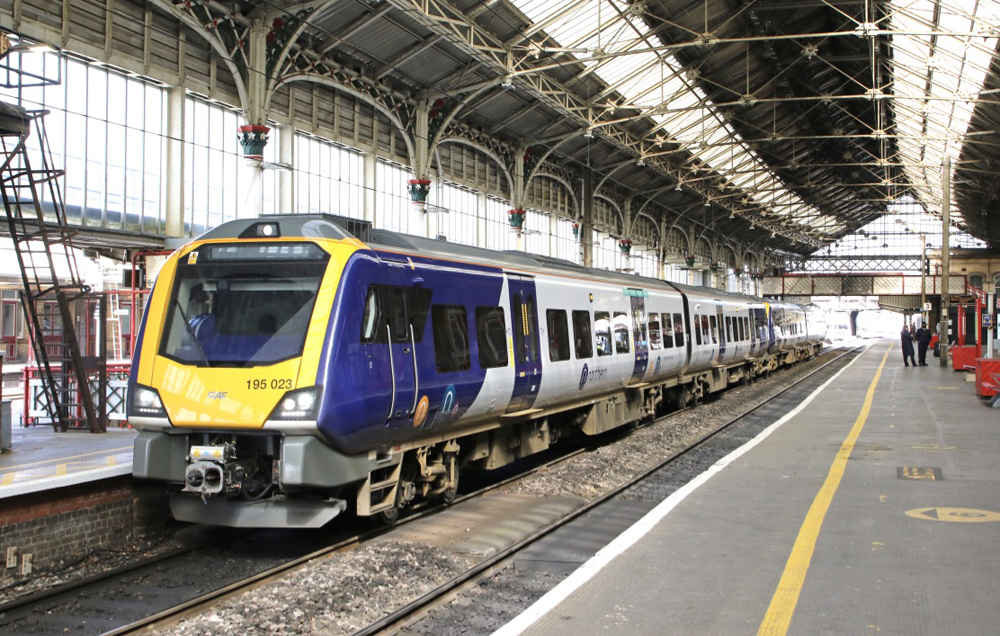
LONDON — The British Government has announced plans to create a single national ,government-owned rail company to run the railway network and, via mostly private contractors, operate most passenger trains in the UK.
That such a move is planned, reversing decades of complex privatization is remarkable, but even moreso is that the government is from the same Conservative Party that introduced privatisation in the first place. (The Conservative Party is normally seen as pro-private enterprise and on the center-right of politics, the closest thing in British politics to the U.S. Republican Party).
A detailed analysis has been published that is, for a government document, remarkably open to criticism of what only months ago was government policy. Following its recommendations, new legislation is required to make the bigger changes.
The starting point was a review by Keith Williams, former Chairman of British Airways, who was asked to look at the entire UK rail industry following a botched national timetable change in 2018. The change led to large-scale disruptions; in some cases, more trains were being planned than routes had the capacity to handle. The resulting document, which had been due for publication in 2020, was delayed by the coronavirus pandemic, which saw rail travel plummet because of stay-at-home orders. Transportation Secretary Grant Shapps has taken close interest in the report, and the document, published earlier this month, carries his name as well. This suggests he will try to make the report’s recommendations happen. The full report is available here.
New company to be named Great British Railways
The new national rail company will be called Great British Railways and will include all of the existing Network Rail company, which owns and maintains the rail infrastructure. It will also include much of the work done by central government specifying (sometimes in minute detail) what services should be offered. A key problem with the privatized industry is fragmentation, with multiple companies — each with its own management costs and regulated by multiple, often very long, contracts — responsible for parts of rail service.
By bringing most elements into one company, the plan’s authors believe service will be better and costs will fall — with potential savings of around 15% of total industry costs. Other major changes planned are a new fare system, replacing the exceptionally complex current system with something much simpler. This does not necessarily mean it will be cheaper for passengers. The government has also decided the industry needs a long-term plan, which the industry has sought for decades. This should see a 30-year strategic plan to prioritize future investment.
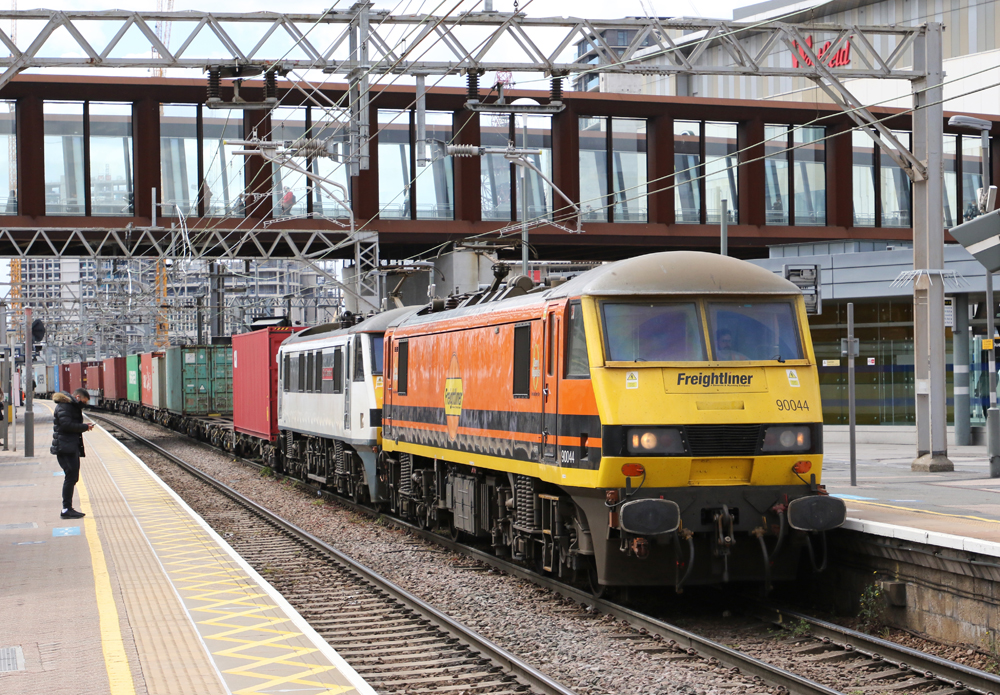
Private companies will still be involved in operating trains, owning the train fleets (almost all owned by banks or leasing firms), and maintaining the track. But instead of multiple companies having to agree on proposed changes, Great British Railways will be the overall operator. (The name seems to have been chosen to avoid the British Rail name used for the last state-owned national rail company, although the official name was actually British Railways.) A new national Great British Railways website will replace 15-plus individual company websites, and standardized liveries are planned, replacing the current wide variety.
Still to be worked out is much of the detail how the “new” industry will work. Legislation to set up the new company and change how the industry is regulated is being planned. This will take some time, so the new organization is unlikely to be in place before 2023. Current franchised passenger operators are operating with interim contracts and receiving government management payments. The new plan envisages moving to concession-style contracts, as widely used in Germany and in some U.S. commuter rail operations. (Massachusetts Bay Transportation Authority and Virginia Railway Express commuter trains are operated by French firm Keolis, which also runs some British trains). All fare revenue go to Great British Railways, which will then pay its contractors. On some long-distance routes, there may be revenue sharing to create incentives for new revenues.
Freight traffic, almost all of which is handled by private companies, plus some “commercial” private passenger services will continue in the new industry structure, although it is unclear exactly how open-access commercial passenger services will operate. Also unclear is the long-term level of track access tolls paid by freight and private passenger operators.
Proposals welcomed
The government’s proposal says “Great British Railways will be the single guiding mind and leader that the railways currently lack”. That much has been welcomed by many companies in the industry. After more than 25 years in which government ministers have been able to hide unpalatable decisions – or at least get the private train operators to take the blame – that responsibility will soon be back with the government.
While current ministers are enthusiastic about the plan, they are unlikely to be in the job for more than a few years. It remains to be seen whether their successors will be so keen after something goes wrong, or public opinion goes against moves such as fare increases or cuts in service.
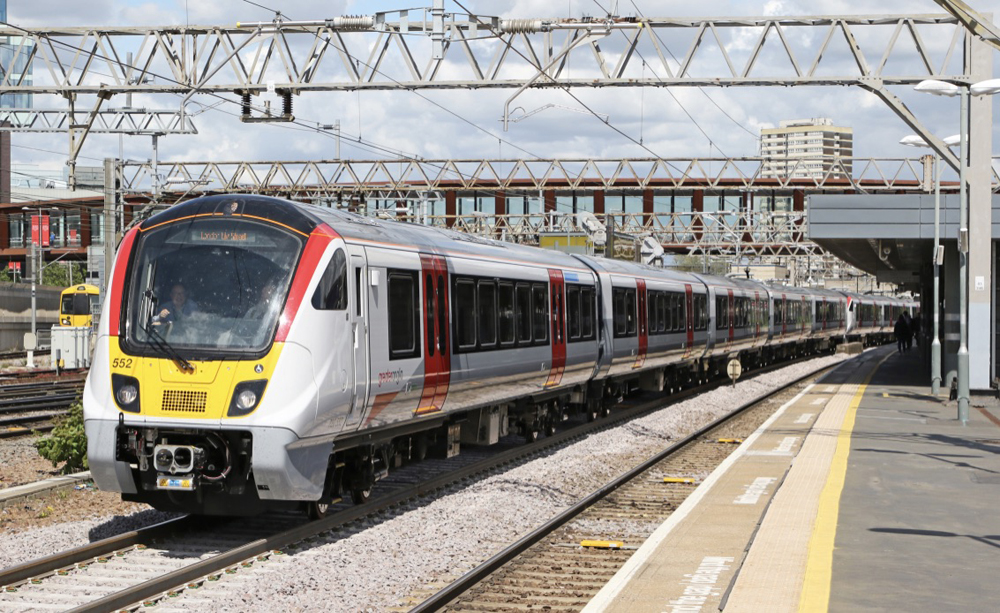

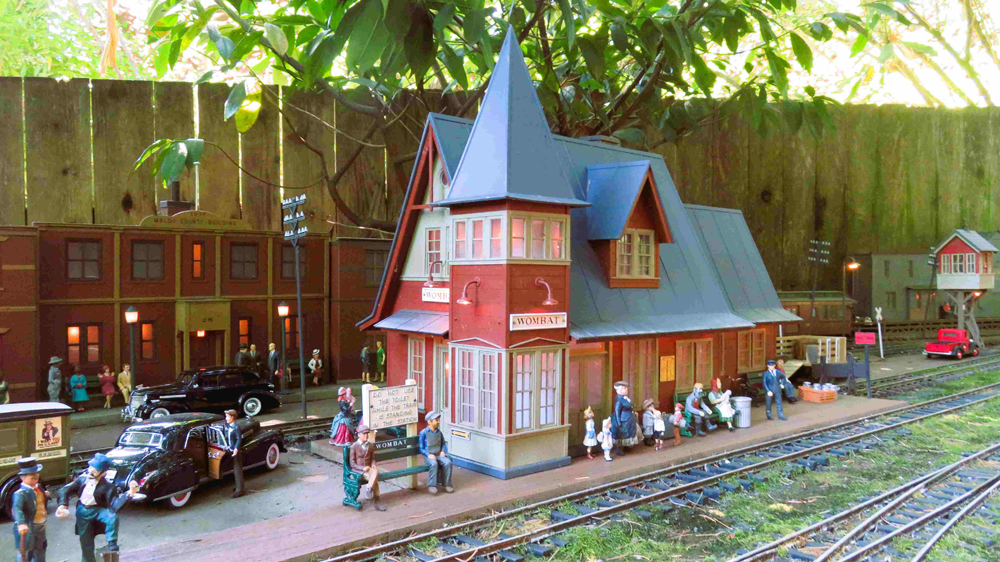

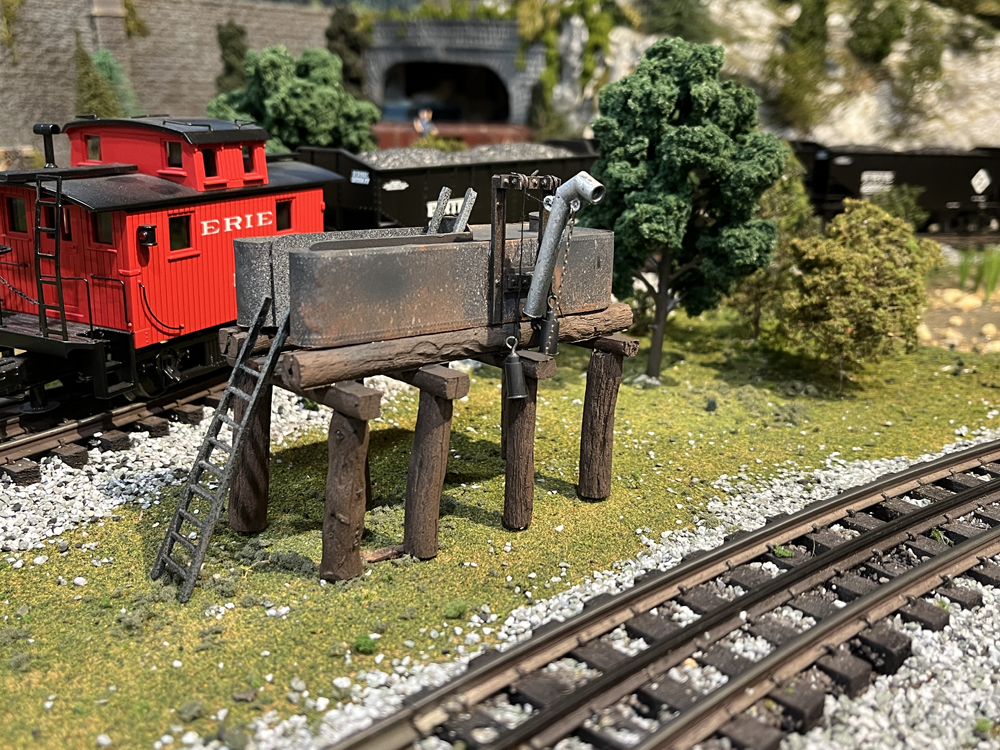
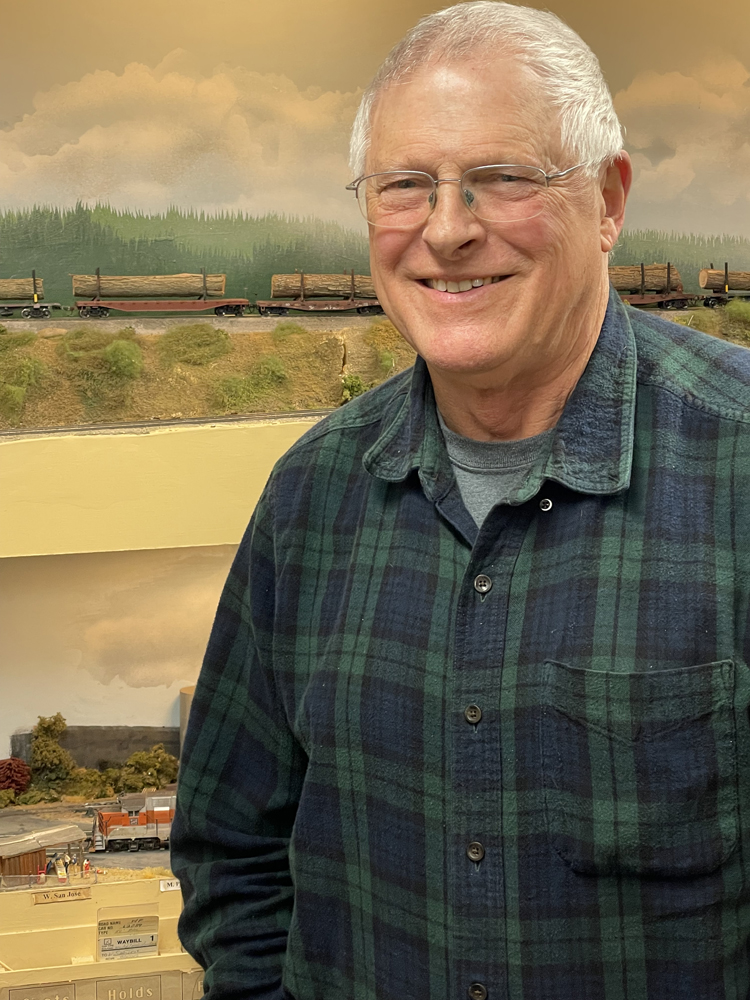
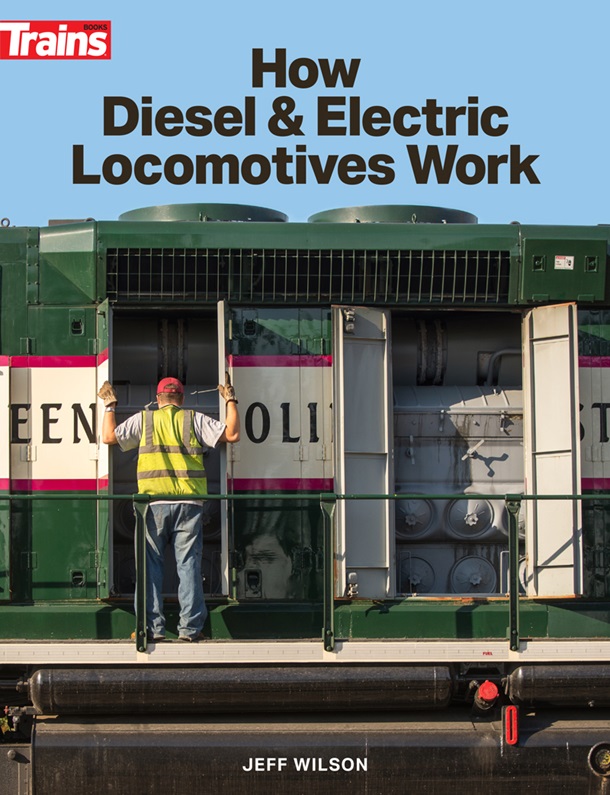
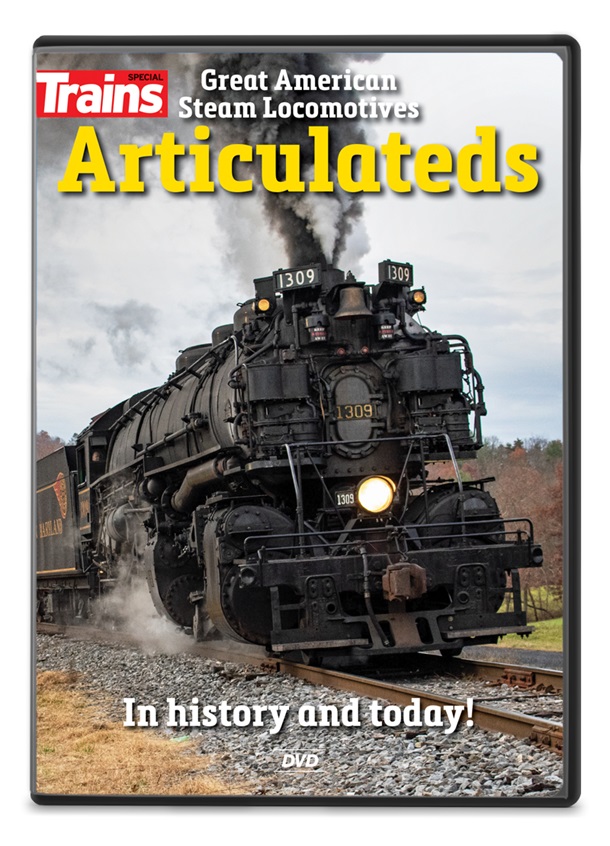
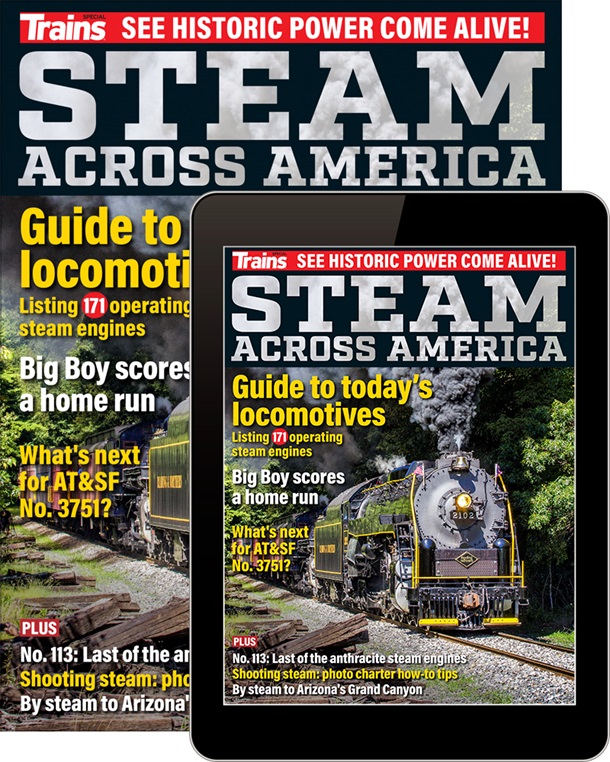
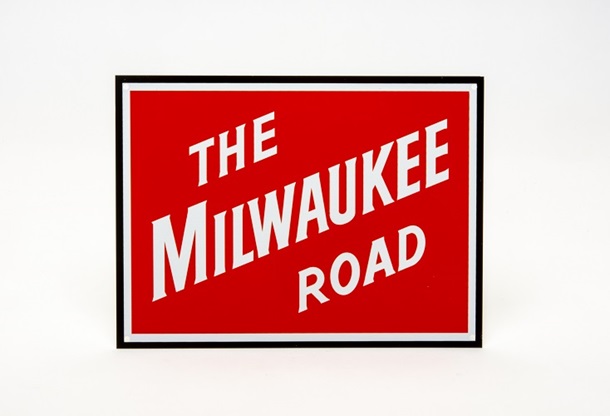
Its proven that privatization increased ridership which was in decline beforehand. How can they ensure the trend is not reversed?
“Privatisation” was half-hearted at best. The UK was never willing to divest the rail infrastructure and that led to problems with upgrades, maintenance, and repairs. I recall an accident about a decade ago that took MONTHS to clean up. Even Amtrak would have had the trains running within a few days.
Then the government was never willing to fully divest itself of train operations, leaving the train companies to manage as best they could with a terrible hand dealt every time. Not even the genius of Sir William Branson and his Virgin Rail could make a go of it with some of the choice franchises.
Privatisation was a joke. It was never really anything more than a failed experiment in government rail management barely a step away from full control and operation.
Privatization has resulted in a doubling of service and a doubling of patronage.
Hardly a failure.
While base fares went up, there are much much more discount and yield management options than before, so it isn’t right to say the traveling public is suffering.
What I liked about the franchise structure is it encourage risk taking and put the rewards for excellent service on the operators. I can understand how operators might cheer if they no longer have to face such risk, but that doesn’t mean it is good for passengers and the public.
I remember the old, dirty British Railways. It tried hard and laid the foundation for what came after, but I sure wouldn’t want to go back.
I hope the changes address existing problems, consolidate the gains and allow innovation to continue.
Volpe made a difference. No doubt. He helped create another Washington based top heavy bureaucracy that has more than 20,000 employees. It has a chief executive officer, president, and eight executive vice presidents. And this is before we get to the vice presidents, assistant vice presidents, senior managers, etc.
According to the Congressional Research Service, Amtrak has cost the federal taxpayers more than $81 billion in 2017 constant dollars since its inception. In addition, it has raided many state coffers.
Most of the losses, by the way, have been incurred by the long-distance trains, which carry less than 1 percent of the nation’s intercity travelers.
Passenger trains make sense in relatively short, high density corridors, where the cost of expanding the highways and airways is prohibitive. Running once a day trains across the country makes no sense.
Privatization has been nothing short of a catastrophic failure. Some got rich, but mostly the traveling public suffered. The UK has the highest train ticket prices in all of Europe.
But this is being put together by the Tories and Head Clown Boris, so they’re likely to cock this up as well. It’s the only thing they’re good at.
MIKE, I agree with your first paragraph. As for the second paragraph, we will wait and see how it shakes out or if, to use your Britishism, it becomes a cock-up..
Like you, I have a real problem with privitization. Read the most recent TRAINS-MAG issue, the article on the founding of Amtrak 50 years ago. The wise people in Washington – all five of them – figured out that throwing money at the freight railroads to operate passenger trains wasn’t going to work. Instead thanks to the one of the five who was in a position of power, the late John Anthony Volpe, we got Amtrak. In other words, ONE PERSON, John Volpe, is why we have passenger trains now, outside of NEC and maybe a few feeders into Chicago.
Can ONE PERSON MAKE A DIFFERENCE? Evidently, one person can stand his ground and stare down the likes of the powerful crooks Nixon, Haldeman and Erlichman.
Makes me proud my formative years were in a state (Massachusetts) governed by Volpe (Republican) and, for two of those years, the late Endicott Peabody (Democrat). Peabody signed legislation to turn the failing MTA, 14 cities and towns, into MBTA, 74 cities and towns. Massachusetts at the time was better known for the flashy Kennedy dynasty. It was Volpe and Peabody who got stuff done.
The railfan in me will miss the large variety of liveries in the UK, as we haven’t had that in USA in a half century. Seeing trains from a variety of companies especially at central location like Birmingham, brought back memories of 1968 at Chicago.
That’s the railfan in me. The practical person in me has had significant doubts about the Rube Goldberg setup. Example: look at the photo (a train in eastern London, maybe on the way to Ipswich and Norwich). That (unnamed) operating company didn’t exist when I visited East Anglia nine years ago. Back then the routes were operated by a different company that has subsequently gone under.